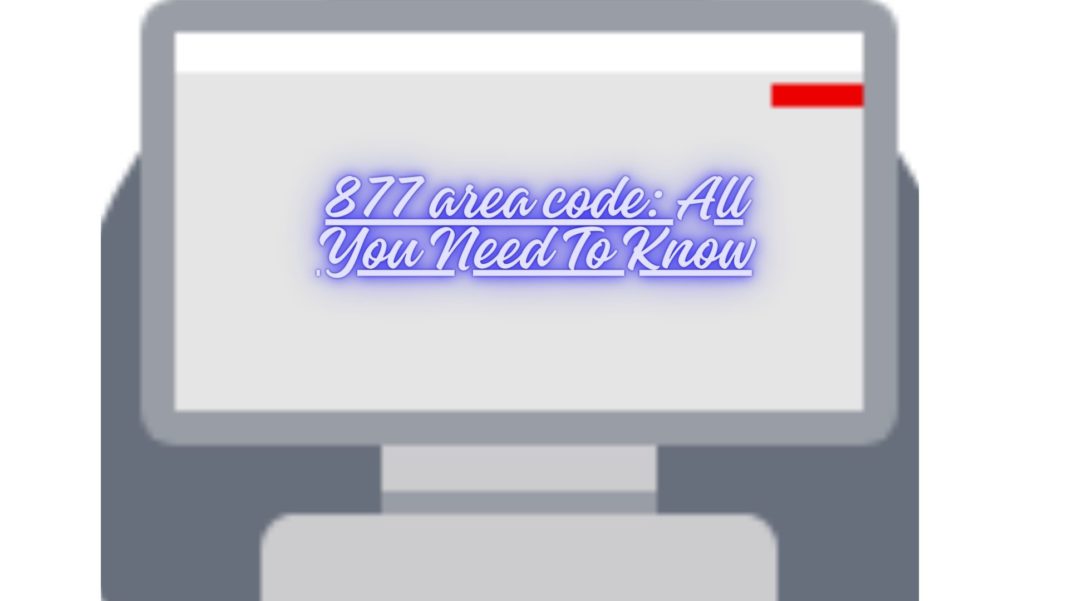Data security has become critical in the quickly changing digital world. People now have a set of rights to manage and control their personal information, thanks to the introduction of strict data protection rules.
In this blog, we examine GDPR Certification, attempt to clarify What is GDPR, and explore the core ideas of individual rights, with particular attention to access, rectification, and deletion. Before we go into the details, let’s quickly review GDPR, the fundamental law that forms the basis of data protection.
What is GDPR?
The General Data Protection Regulation, or GDPR, is a robust framework for data protection that aims to empower people and control how their data is used. GDPR, which went into effect in May 2018, established a gold standard for data protection by defining the responsibilities and rights of data controllers and subjects.
GDPR Certification:
Obtaining GDPR certification is a concrete way for a company to show its commitment to maintaining the highest data protection standards. It entails a thorough evaluation of data processing procedures to guarantee GDPR compliance. Businesses that achieve GDPR certification demonstrate their commitment to upholding people’s rights and building relationships with stakeholders and customers.
Access
Empowering Individuals:
One of the main components of GDPR is the right of access, which allows people to find out if their data is being processed. This transparency lets people learn about and confirm the legality of data processing operations.
Practical Implications:
People who exercise their right to access can ask for a copy of their data so they can see how and why it is being processed. In addition to encouraging transparency, this gives people the power to manage their data.
How GDPR Certification Aligns:
Businesses certified under the GDPR are in an excellent position to handle requests for safe access easily and securely. They have robust procedures that make it simple for people to find out how their personal data is processed, promoting transparency and accountability.
Rectification
Ensuring Accuracy:
False personal information can seriously impact people’s lives and undermine confidence. GDPR allows people to update inaccurate personal data, giving data subjects complete authority.
Interactive Processes:
Error correction is not the only step in the rectification process. To improve data accuracy, it promotes a cooperative relationship between controllers and data subjects that is dynamic and interactive.
GDPR Certification’s Role:
Businesses that are GDPR-certified are good examples of how committed they are to accurate data. By implementing solid procedures for rectification requests, certified entities demonstrate their commitment to upholding current and accurate personal data, fostering a foundation of confidence in individuals.
Erasure
A Fundamental Right:
When specific requirements are satisfied, people can request that their personal data be erased. This right is also known as the right to be forgotten. This right recognises that consent is a dynamic concept and that people should have control over the information about them.
Balancing Interests:
Although there are restrictions on the right to be erased, such as those imposed by law or the public interest, the GDPR maintains a careful balance between the rights of individuals and the needs of society at large.
GDPR Certification as a Safeguard:
Businesses with GDPR certification are equipped to handle the intricacies of the right of erasure. Certified businesses have set up procedures for evaluating and handling erasure requests, guaranteeing GDPR compliance while upholding individuals’ rights.
Data Portability
Unlocking Mobility:
One lesser-known but no less important part of GDPR is the right to data portability. The ability to obtain one’s personal data in an organised, widely used, and machine-readable format is provided under this right. This permits a smooth transition between service providers and makes their information easily accessible.
GDPR Certification’s Facilitation:
Businesses that have obtained GDPR certification demonstrate their dedication to data portability by putting uniform formats for personal information in place. This certification encourages a user-centric approach to data management by guaranteeing that people may easily move their data in and out of certified entities.
Processing Limitation
Defining Boundaries:
GDPR presents the notion of processing limitation, underscoring the significance of clearly defining data collection goals. People can restrict how their data is processed, meaning that it cannot be used for reasons other than initially intended.
GDPR Certification’s Assurance:
Businesses that achieve GDPR certification show that they carefully approach processing restrictions. Certified entities encourage compliance and confidence by assuring individuals that their data is processed carefully and within the designated parameters by explicitly defining data processing purposes.
Conclusion
In conclusion, navigating the complex world of data protection requires understanding individual rights, including access, rectification, and deletion. GDPR certification acts as a lighthouse, pointing businesses toward best practices that put people’s rights and privacy first. Adopting and respecting these rights will assure legal compliance and a culture of openness, trust, and respect for personal privacy as the digital world develops. Continue to educate yourself, adhere to regulations, and assist people in pursuing data protection. For more information visit: The Knowledge Academy.


